How Political Turmoil Cleared the Way for South Korea’s Presidential Frontrunner
Lee Jae-myung’s road to the presidency was filled with legal battles, scandals, and setbacks — until a constitutional crisis turned the tide.Before the political upheaval of December 3, 2024, Lee Jae-myung's second attempt at South Korea’s presidency looked increasingly doomed. Legal entanglements, corruption investigations, and past convictions cast long shadows over his campaign.
But then came a stunning twist: a constitutional crisis triggered by former President Yoon Suk Yeol’s failed attempt to impose martial law. That night proved to be a turning point — and possibly Lee’s saving grace.
Today, Lee stands as the frontrunner in South Korea’s snap presidential election, set for June 3. Once burdened by a conviction for making false statements in the 2022 campaign, he now leads the race as the Democratic Party’s nominee.
It’s a dramatic reversal of fortune for the 61-year-old — but his political past and legal troubles continue to haunt him.
From Factory Worker to Frontrunner
Lee’s journey is as unconventional as it is controversial. Born in poverty in a remote village in Gyeongbuk Province in 1963, he began working illegally in factories as a child. A series of industrial accidents left him with lasting injuries, but he overcame adversity, passing university entrance exams and eventually earning a law degree with a full scholarship.
By 1986, Lee had passed the Bar Examination and began a nearly 20-year career as a human rights lawyer. In 2005, he entered politics by joining the social-liberal Uri Party, a precursor to the current Democratic Party.
His humble beginnings earned him support among working-class voters who feel alienated by South Korea’s political elite. But his bold reformist style, particularly during his time as mayor of Seongnam and governor of Gyeonggi Province, made him a polarizing figure.
Lee’s political image was built on populist welfare programs, like universal Covid-19 relief grants, and controversial policies, including a proposal for universal basic income. These initiatives challenged the status quo, endearing him to some and alienating others.
Controversy and Resilience
Lee's political rise has been accompanied by a litany of scandals. These include a drunk driving charge in 2004, public feuds with family members, and rumors of extramarital affairs. More recently, he has faced serious allegations tied to a land development scandal and was convicted in 2024 for making false claims during a 2022 presidential debate — a conviction later vacated by a higher court, only to be reinstated by the Supreme Court.
If the conviction stands, Lee could be barred from holding office for five years. But with court proceedings postponed until after the election, he may yet take office before any final verdict.
Adding to the drama, Lee survived an assassination attempt in January 2024. A man seeking his death stabbed him in the neck at a public appearance. The attack left Lee with a serious injury to his jugular vein but did not prove fatal. He now campaigns under heavy security, including a bulletproof vest and protective glass.
The Crisis That Changed Everything
Tensions between Lee and then-president Yoon Suk Yeol had long simmered, with Lee’s Democratic Party frequently blocking Yoon’s legislative agenda. As opposition pressure mounted and public support waned, Yoon made the extraordinary decision to declare martial law on December 3, 2024, citing threats from “anti-state forces.”
Lee swiftly mobilized public resistance, calling for mass protests via livestream. Thousands gathered outside the National Assembly, clashing with military units. Lee himself scaled the fence to join opposition lawmakers in passing a motion to revoke martial law.
The episode ignited a constitutional crisis that culminated in Yoon’s impeachment — ratified by South Korea’s Constitutional Court on April 4, 2025. Just days later, Lee resigned as party leader to launch his presidential bid. He won the Democratic Party primary by a wide margin on April 27.
A Nation in Flux
Yoon’s dramatic downfall left his People Power Party in disarray, while Lee capitalized on the momentum. But the country remains divided. A December 2023 poll by the newspaper Hankyoreh found that over half of South Koreans felt the political divide was worsening.
Many blame Lee for fanning those flames. His aggressive opposition to Yoon's government and his uncompromising style have won him passionate supporters and fierce critics alike.
Now, as South Korea braces for an election amid unresolved legal questions, Lee's political fate rests with both voters and the courts. If he wins and is later convicted, he could face disqualification post-election, plunging the country into yet another leadership crisis.
For now, though, Lee Jae-myung stands closer than ever to the presidency — a position shaped as much by political chaos as by his relentless pursuit of power.

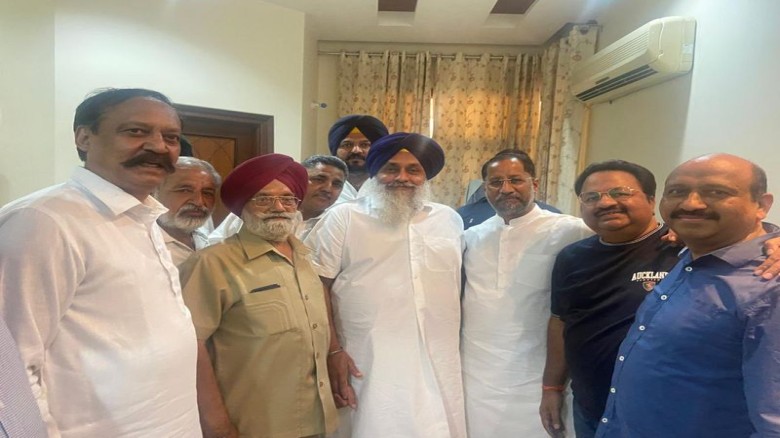
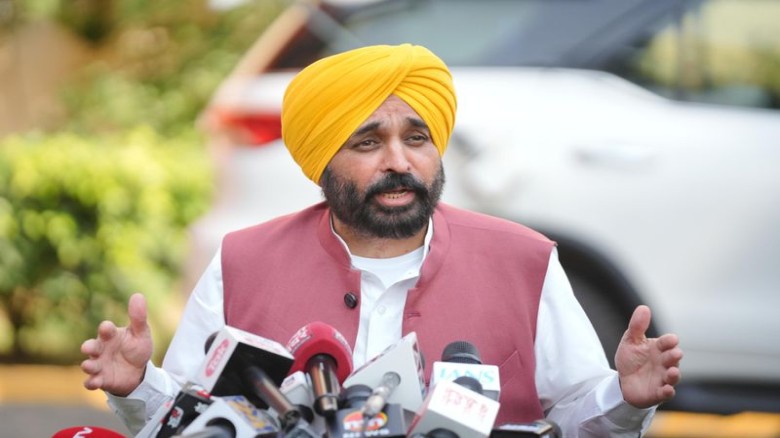
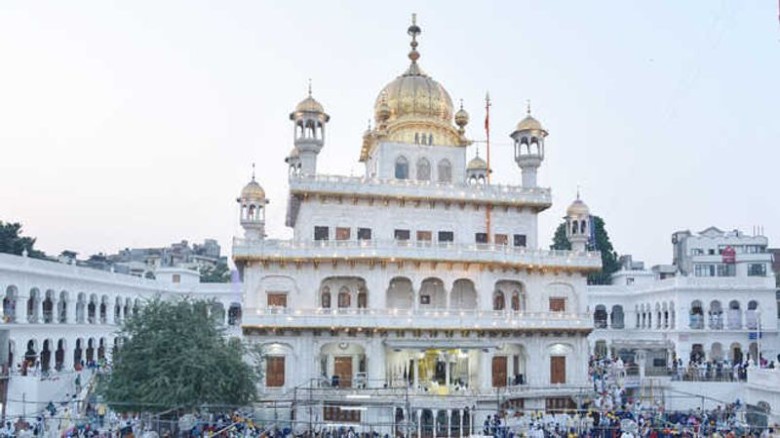
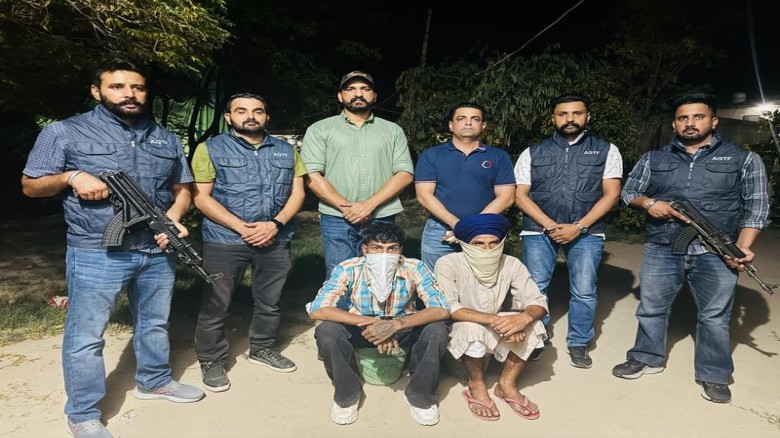

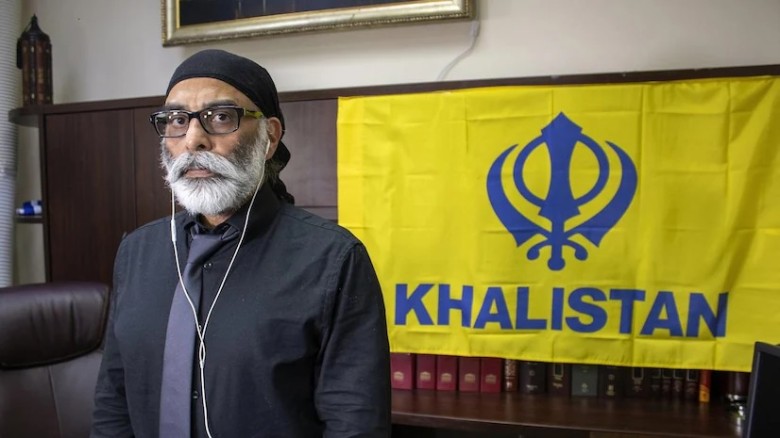


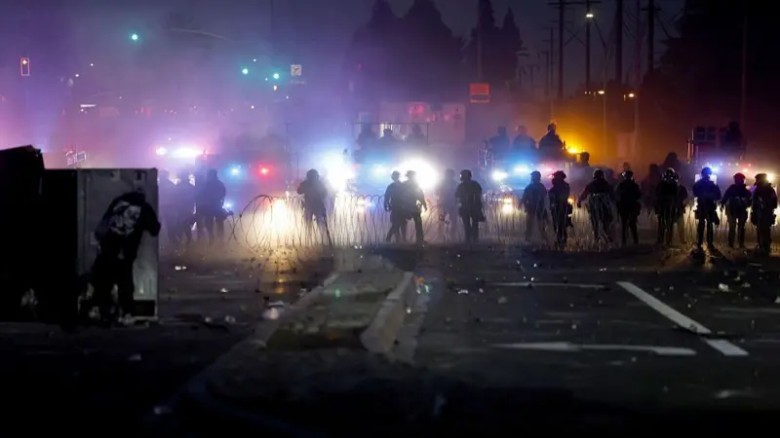
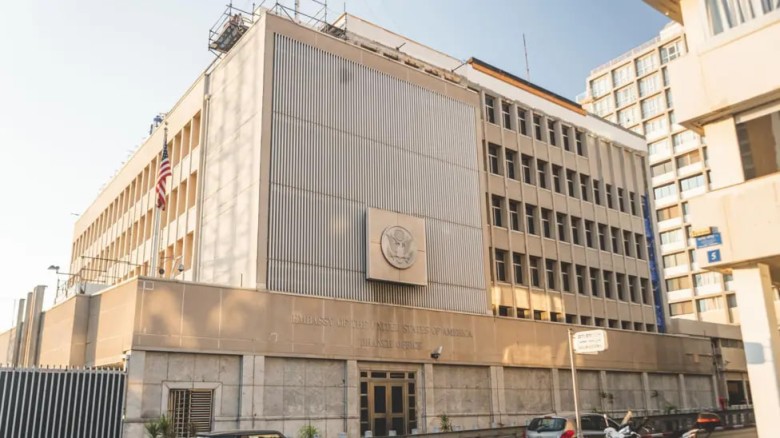
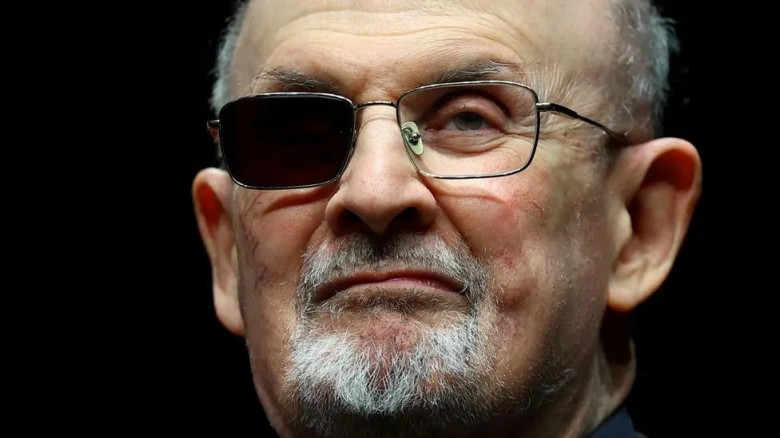
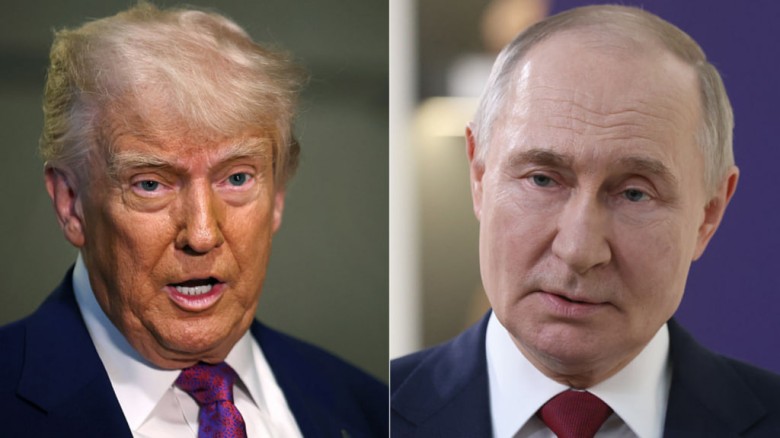
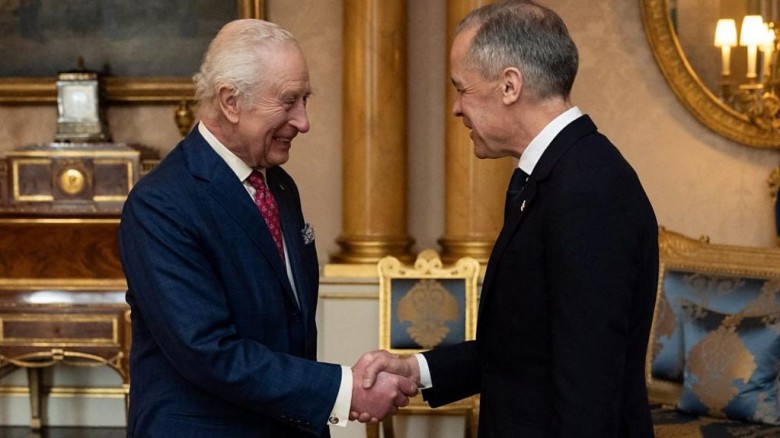



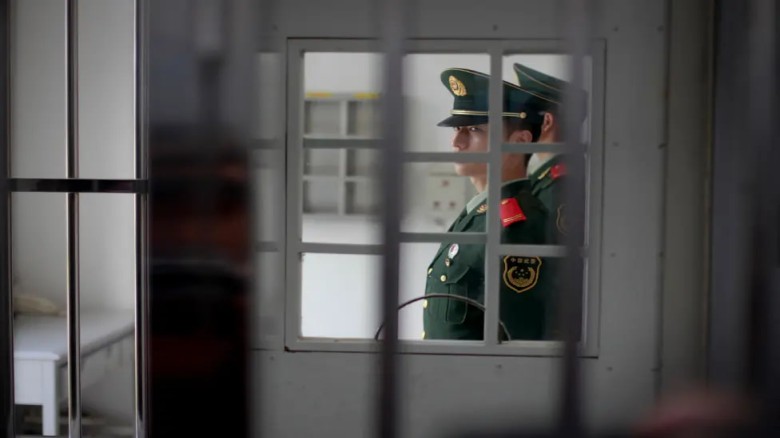

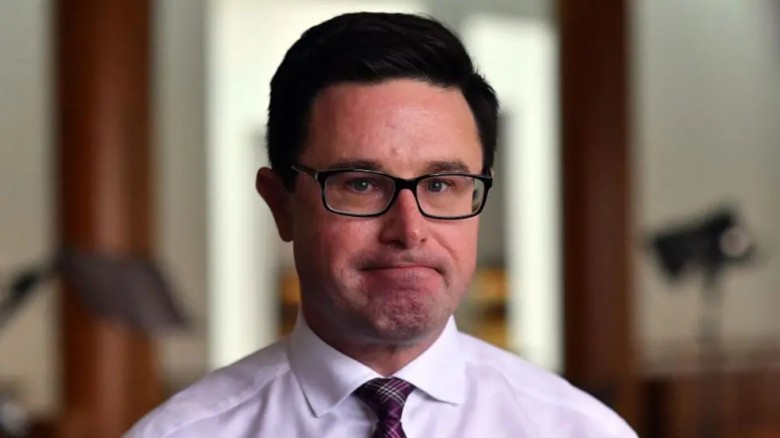

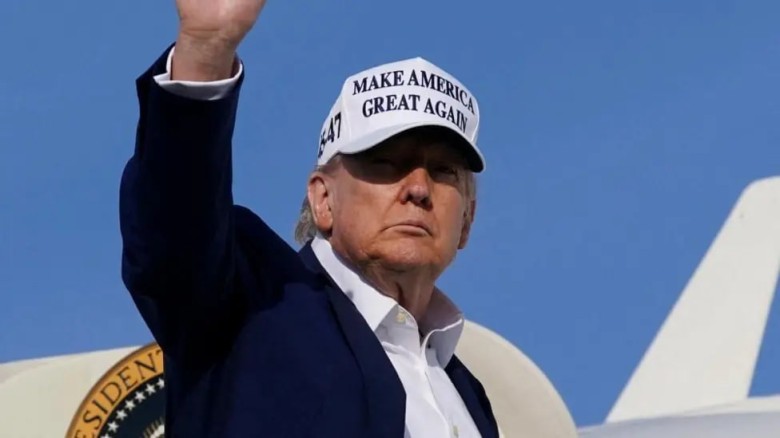
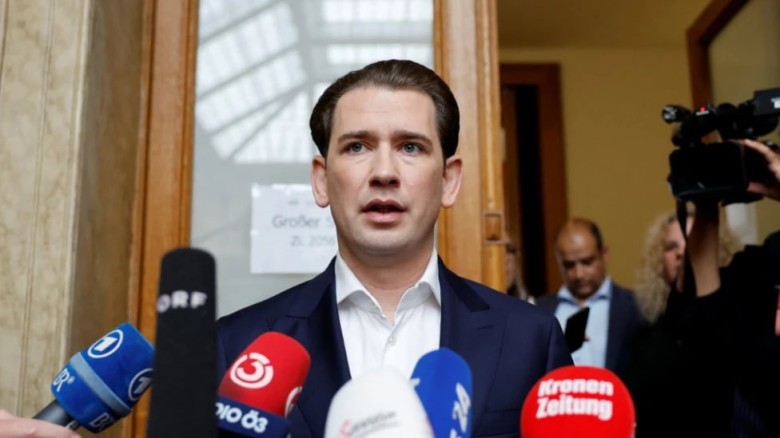


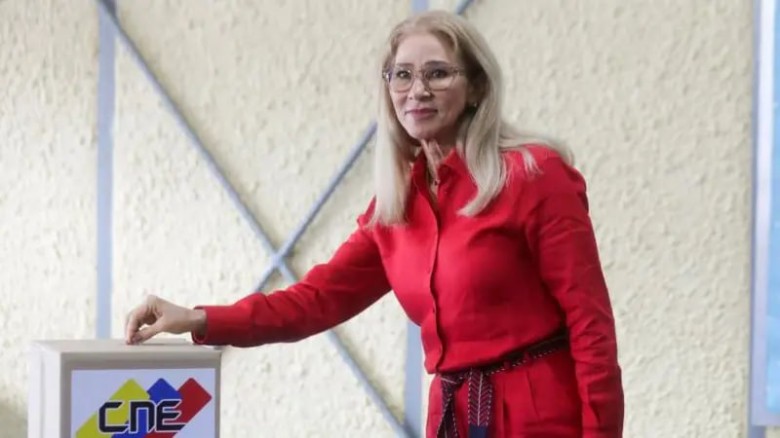












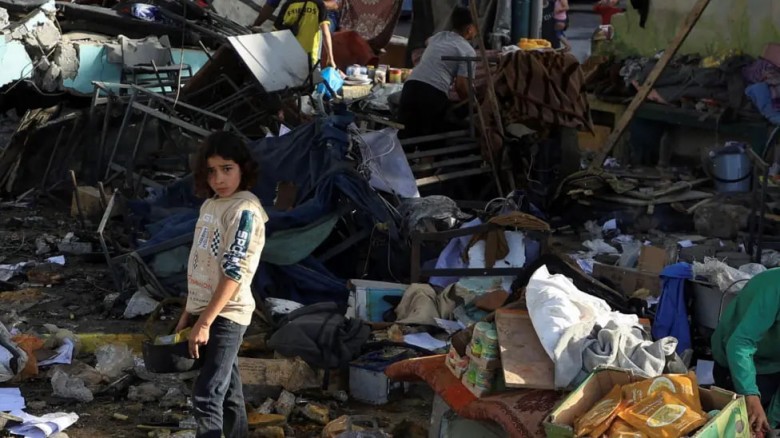










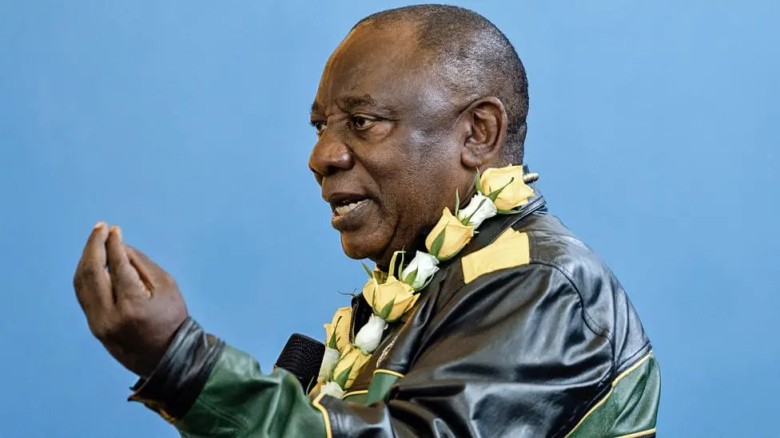
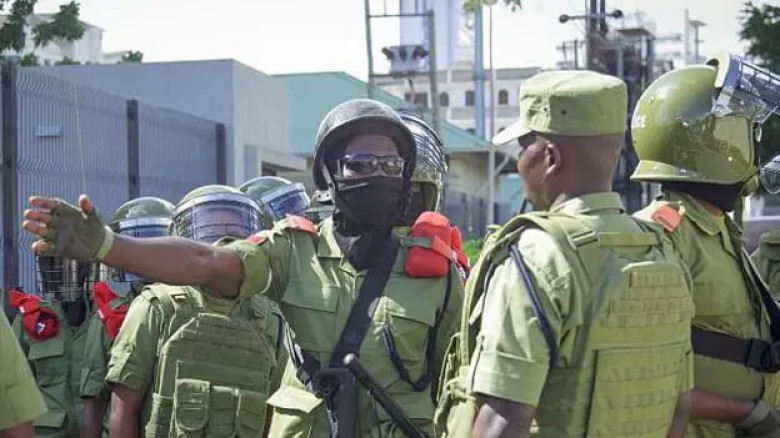

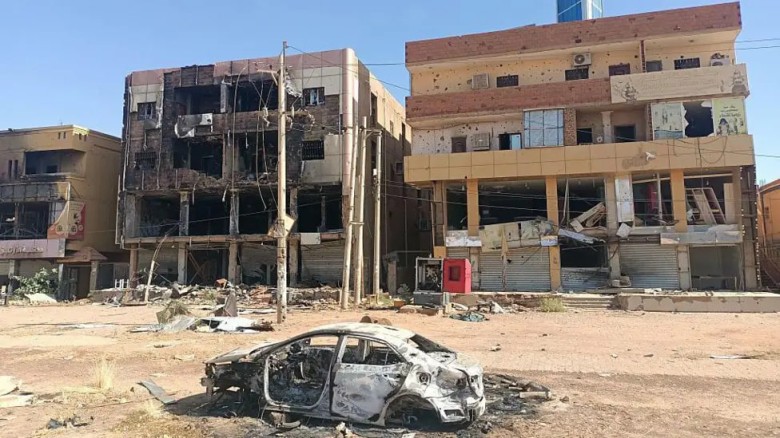








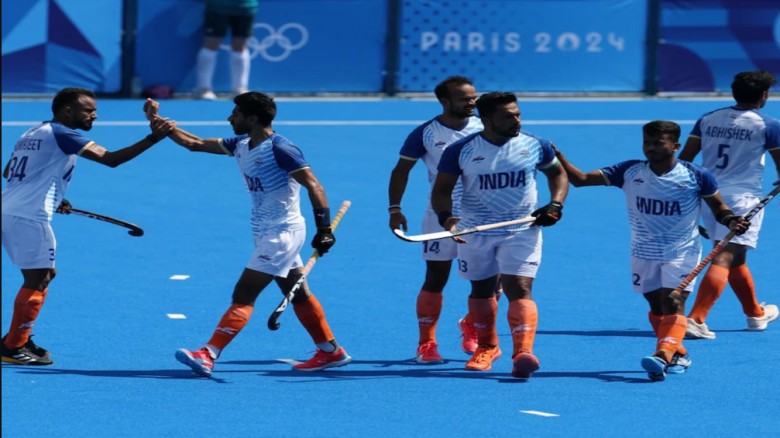











Leave A Comment